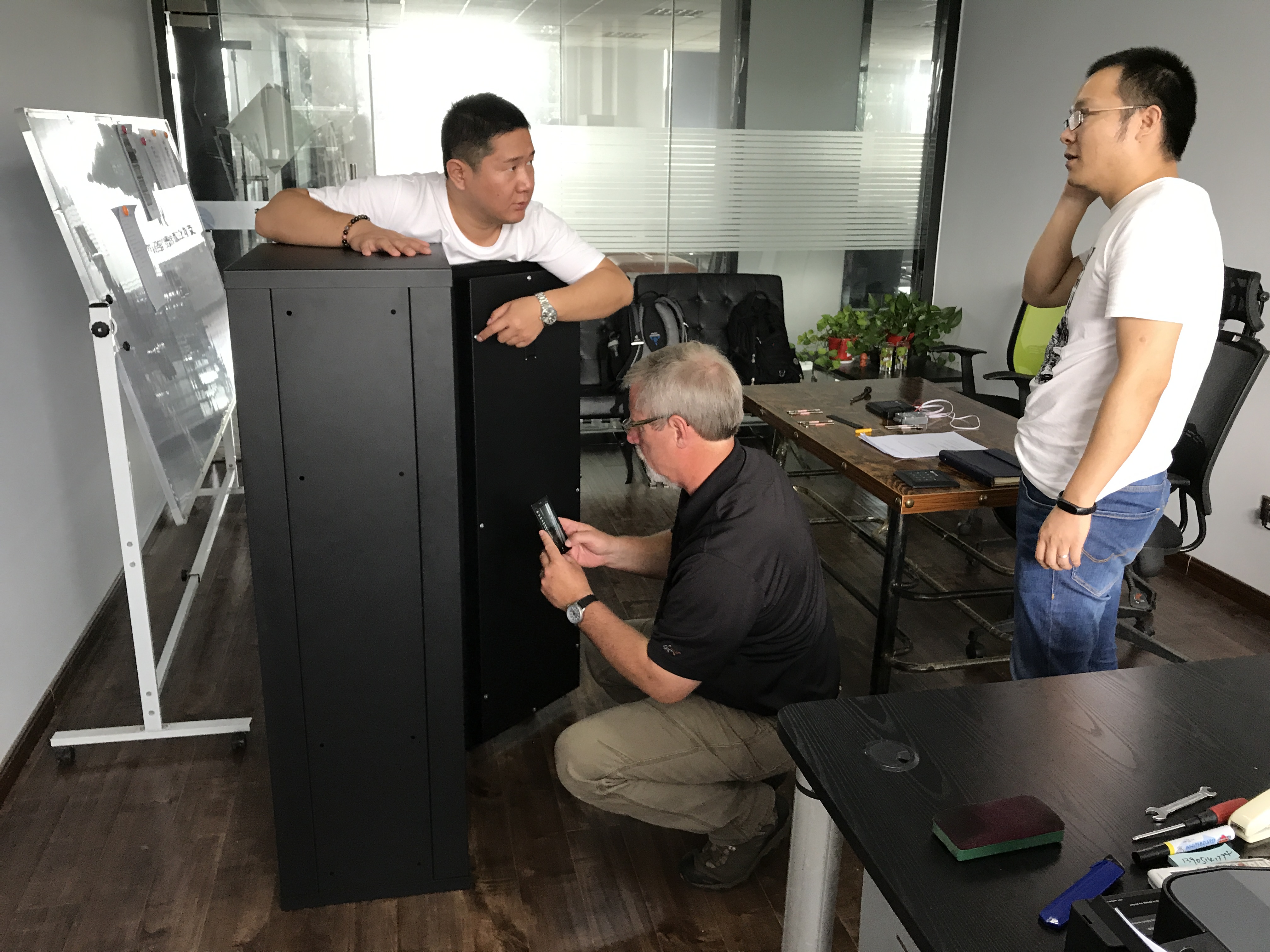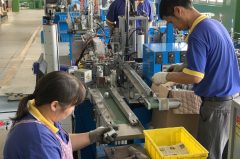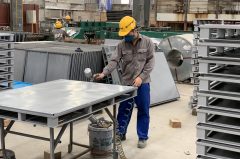
Typical table spread where relationships are built.
As a sourcing agent for manufacturing in China since 2002, one thing stands out to me as most important in dealing with China: mindset.
Mindset, attitude, frame of mind, outlook, manner, aptitude, disposition, inclination—there are a lot of words to capture what we are talking about, but getting it right is key. For the most part, Chinese businesses are eager to work with American businesses but the wrong personality can sink any deal.
Here is how it works: Chinese business is built on relationships. Another of my blogs (Strike Gold with China Manufacturing) explains this by drawing a comparison to how miners in the California Gold Rush developed their own society of laws in the absence of any government structure.
Chinese business reacted in much the same manner after China introduced capitalism into its society beginning in the 1970s. Businesses were by and large left to figure things out on their own so they developed a system based on their cultural norms. One of these involves avoiding embarrassment. In China, an embarrassing situation in business can quickly wipe out potential profits.
Americans are prone to compartmentalization; we accept being told we are wrong if its true and knowing that we are wrong leads to our desired end. For example, if we are told that we filled out a business form incorrectly we typically brush it off and simply make the correction. We resubmit the form without giving the matter another thought. We focus on the goal of moving our work along in a positive direction.
This is not the case in China. There, getting every step right—to the best of one’s ability under a given set of circumstances—is a crucial matter. The Chinese way is to follow direction to the letter with no deviation. If the direction is somehow wrong, they are not inclined to second-guess a client, they simply follow.
To continue with the business form example, a Chinese person might fill out any given box on a form per the directions. If the directions are poorly written, he or she will likely do their best under the circumstances to complete the form and move on to the next step instead of asking for clarity. In this scenario fault lays with the person providing the form. Within the Chinese culture, to place blame on, or find fault with, the person filling out the form would be perceived as deeply offensive and insulting to that person.
In America we might expect anyone involved in a job to speak up if they see a problem or have a question. This is not the case in Chinese business culture. In fact, speaking up like that is a breach of propriety. As you might imagine, this cultural norm puts all the responsibility on the client to get things right when doing business in China. This includes every step in the process, from drawing up contracts and specifications to quality checks and shipping instructions.

Customer inspection of factory prototype

Avela Shanghai Team
If your Chinese counterpart becomes offended, he or she may simply cease working with you. It may take awhile for you to even realize something is wrong, but your potentially profitable Chinese business relationship has gone sour.
In most cases in my experience, the Chinese person in such a situation wants to understand you and wants to do as you ask for a successful, ongoing business relationship. You are going halfway around the globe to get your product manufactured and it is incumbent on you to communicate your needs within the social protocols of their culture. Of course it isn’t easy.
An experienced sourcing agent can be vital in helping you through the process, but you—or the person representing your company in China—must have the right mindset. I cannot stress this enough. If you do not have the right mindset—find someone who does.
Without the right mindset, costly miscommunication can occur and key Chinese partners can be unintentionally offended. This has ruined many potentially profitable relationships in China.
Avela Corporation has the right mindset and has been helping clients through this delicate process since 2002. Contact us if you are considering manufacturing in China, or are having difficulty with Chinese manufacturing sourcing.
If problems do arise in China manufacturing, it is more likely than not the result of poor communication, which again is the responsibility of the client in China. Of course, communication is key, and language can be a challenge when doing business in China. It is not unusual for a Chinese person to nod and say “yes” during a conversation while he or she does not really understand what you are saying. I recommend finding several different ways of restating the concept you wish to communicate. One may successfully transcend the language barrier. Just as importantly, one may produce a reaction revealing that your Chinese associate does not really understand what you are trying to communicate. Knowing that, you can work to get your point across until understanding is reached.
Patience in this process is a must!









Leave a Reply